- Age groups
- Ages 15 and over
- Topics
- Type of material
Can you tell a legitimate website from a clone?
Do you know when images, audio or video are genuine, versus when they are “deepfakes”?
Information manipulation poses a serious threat to our democracy and undermines our sense of community. The Commission is taking action and working closely with other EU institutions and the Member States to tackle information manipulation. It has developed several resources to help citizens safely navigate the online landscape and spot information manipulation more easily.
Some examples of Commission actions to protect our society from information manipulation include:
- Increasing the responsibility of online platforms to ensure that they take proactive steps to tackle systemic risks due to false or misleading information, ensuring a safer and more reliable digital environment for all.
- Protecting and supporting journalists and independent media, because media freedom and media pluralism are essential to our democracies.
- Cooperating with fact-checkers, civil society, media and academia, and supporting projects that contribute to countering information manipulation and foreign interference, because together we are more powerful.
Understanding information manipulation strategies empowers people to recognise and resist them. The resources on this page can help you develop your critical thinking skills. Protect yourself from information manipulation.
Classroom toolkit
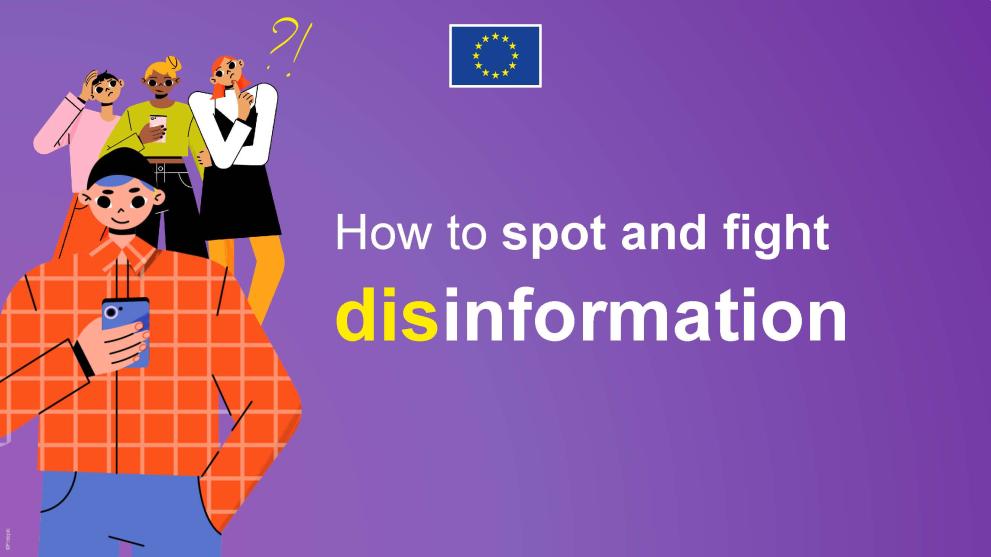
In recent years we have seen just how fast misleading or false information can spread online. This disinformation toolkit will help secondary school teachers to empower their students with vital online navigation skills. Through real-life examples and group exercises it promotes critical thinking and stimulates dialogue on how to tell fact from fiction, covering topics like public health and democracy.
Video-tips to help you spot online disinformation
Disinformation actors use a variety of techniques to deceive and manipulate people online. This can range from clones of legitimate websites to cleverly manipulated audio or videos – known as 'deepfakes' – , designed to appeal to our emotions and cloud our judgment.
In this short series of three videos, the young Essi gives you some tips and resources to help you safely navigate the online landscape and spot disinformation more easily.
Disinformation, foreign manipulation and interference: the European Commission response
Disinformation, foreign information manipulation and interference are a serious threat to our societies and democracies. Addressing this threat requires a whole-of-society approach. Check out what the European Commission is doing to strengthen its strategic communication to tackle disinformation.
On the same topic
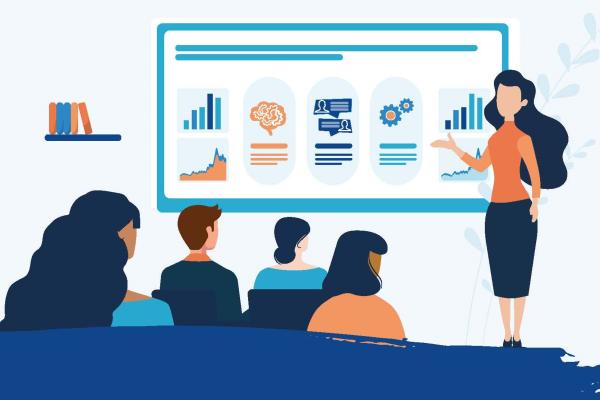
These guidelines are designed to help educators understand the potential that the applications of AI and data usage can have in education and to raise awareness of the possible risks.
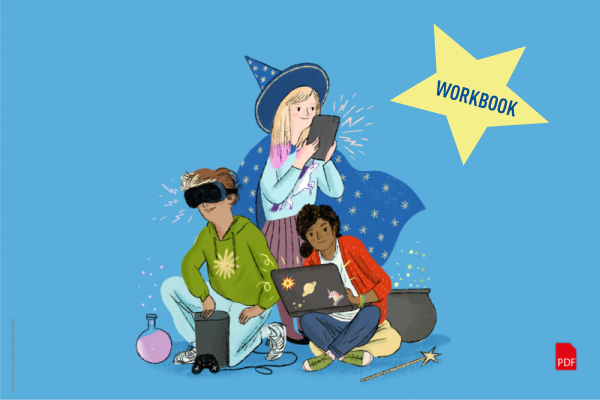
This guide will help you learn many magical things! What the web is made of, what programming is all about, who’s lying and who’s telling the truth. What’s all this for? To help you freely roam this land.
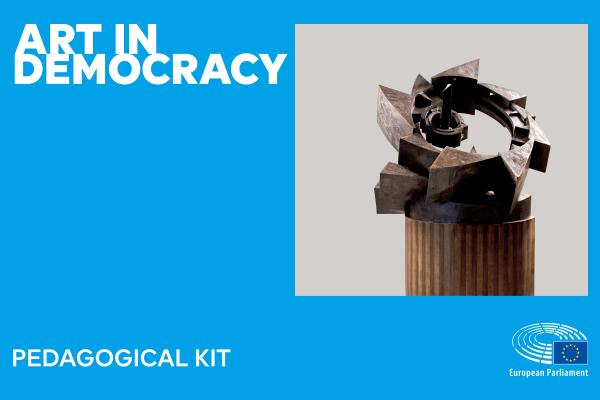
This pedagogical kit aims to provide educators with practical guidance for the exhibition Art in Democracy.

Free resources in 29 languages to help teachers introduce coding and computational thinking to students of all ages. These fun activities will help de...
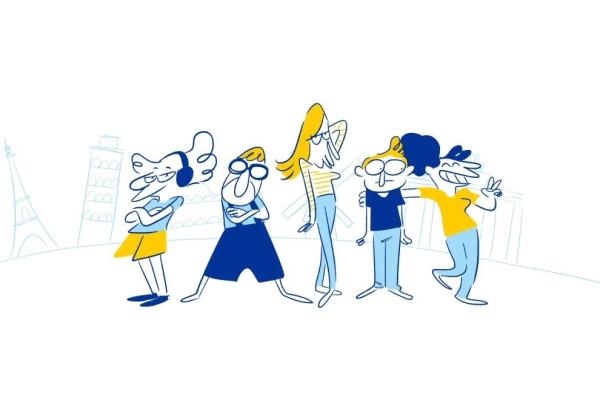
Meet Helena, Klaus, Kasia, Enzo and Marion – our “DIGITAL EXPLORERS” on a fieldtrip across Europe to see how digitalisation is coming along.

Do you use statistics when you teach? Or are you a student wanting to understand more about statistics? Then the Education corner on Eurostat website is the right place for you!

Analysing statistics data at country or at regional level can highlight differences and similarities across the EU or within countries. Explore statistics in your country or region and compare with other countries or regions in the European Union with our thematic interactive publications!

Retailers must give shoppers the same access to goods and services wherever they are in the EU. Failing to do this is called 'geo-blocking' and is bei...
